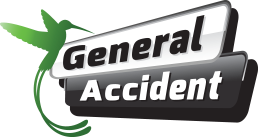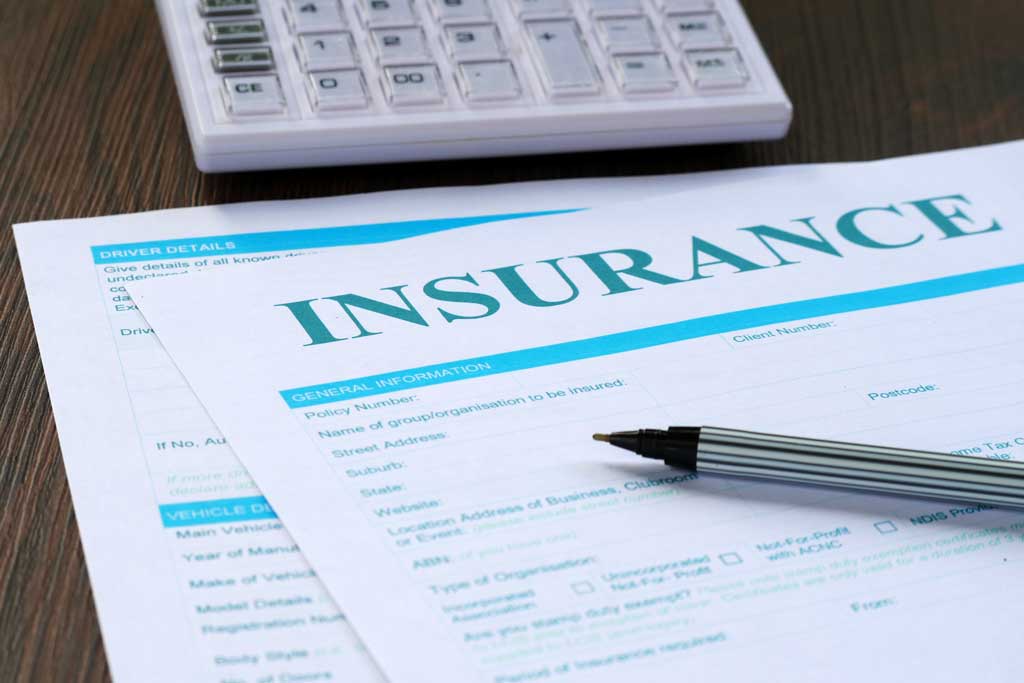How Long Does a Car Insurance Claim Take To Settle?
Car insurance claims don’t follow a one-size-fits-all timeline. Some wrap up in a few weeks, while others can take months. Having a sense of how long your settlement might take helps you plan, manage expectations, and avoid unnecessary frustration.
In this article, we break down the key factors that influence how long a claim takes and explain what you can expect at each stage of the process.
How much time does it take to settle a claim, on average?
The time needed to settle a car insurance claim depends on the case’s complexity. For simple claims — such as a minor fender-bender with clear fault and minimal damage — resolution can take as little as two to eight weeks. Claims involving moderate damage or non-serious injuries often take one to three months, allowing time for repair assessments, medical evaluations, and communication with your insurer.
Complex claims — those involving severe injuries, multiple parties, or disputed liability — can take several months, and in rare cases, years. More factors mean more evidence, negotiations, and legal processes before settlement.
Is there a time limit for insurance claim settlements?
Most insurers in Jamaica aim to settle claims within 30 days of receiving all necessary documents. However, there’s no universal deadline that guarantees this outcome. If your claim requires further investigation, it can extend beyond that point.
Check your policy for any specific terms, as some jurisdictions set their own timelines for processing certain claim types. If your settlement takes longer than you originally anticipated, speak with your insurer. They can explain the reason for the delay, outline the remaining steps, and provide an updated timeframe for resolution.
How can I avoid delays with my claim settlement?
Small actions early in the process can have a big impact on how quickly your claim moves forward. You can help speed things along by:
- Submitting all documents quickly. These include police reports, repair estimates, medical records, and witness details.
- Responding promptly to any follow-up questions from your insurer.
- Documenting clearly — take photos, keep receipts, and save every piece of correspondence.
- Checking in regularly with your adjuster to keep your claim top of mind.
These steps help your insurer work efficiently, reducing the back-and-forth that slows claims down.
Step-by-Step Claims Process
Here’s how a typical car insurance claim progresses, from start to finish, and with help from General Accident Insurance Company. Have questions regarding your specific circumstance? Reach out to our team today.
Report the Incident
Right after an accident, make safety your first priority — check for injuries and call the police to report what happened. Gather as much information as possible at the scene, including the other driver’s contact and insurance details, witness names, and photos of the damage. It’s a legal requirement in many places (including Jamaica) to report the accident to the police within 24 hours.
You should also notify your insurance company as soon as possible. Most auto policies require you to inform the insurer within a set time period (often around 30 days of the incident). At General Accident, you can do so here. When speaking about the accident, stick to the facts — do not admit fault or make any promises to pay for damages on the spot. Simply report the incident through the proper channels and let the insurance process take its course.
Submit the Claim
The next step is to formally file your insurance claim. Contact your insurer to get a claim form and fill it out with all the relevant details of the accident. Provide accurate information, including your policy number, the date, time, and location of the crash, a description of what happened, and the other party’s particulars.
Submit the completed claim form through the channel your insurer prefers — this could be an online submission, email, or a physical drop-off at one of their offices. At General Accident, in order to submit your claim online, you will need to sign up for an account on our website – here. Filing the claim promptly and with complete information helps kick-start the process and prevents unnecessary delays in settling your case.
Provide Supporting Documents
Be prepared to supply any evidence and paperwork needed to support your claim. The insurance company will typically ask for a copy of the official police report, photographs of the accident scene and vehicle damage, and any relevant medical reports or bills if injuries were involved.
If you’ve obtained repair estimates from licensed auto shops, include those as well. Insurers often also require copies of key documents like the driver’s licence of the person who was driving and the vehicle’s registration and fitness certificates. Turn these supporting documents in as soon as you can — providing complete documentation early on allows the insurer’s claims team to verify the facts and move your claim forward faster.
Adjuster Assignment
Once you lodge your claim with the insurer and they receive your documents, a claims adjuster (sometimes called a claims assessor) takes over your case. This person serves as your primary contact point for the claim. The adjuster will usually reach out to you within a few days of the incident to introduce themselves and begin the evaluation.
Their job is to investigate and gather all necessary details: they review the accident report and your claim form, inspect the damage to your vehicle (or arrange for an inspection), speak with you for a detailed account of the incident, and may also talk to other drivers or witnesses to understand what happened.
Based on this assessment, the adjuster will determine the extent of coverage and what steps to take next. This may entail approving repairs to your car or, if the vehicle is badly damaged, classifying it as a total loss for payout. Throughout this stage, you should cooperate fully with the adjuster’s requests and provide any additional information they ask for. Staying responsive and transparent helps the adjuster finalize their report and prevents unnecessary delays in settling your claim.
Settlement Offer
After evaluating the damage and determining liability, the adjuster tells your insurer how much to pay. If your car is repairable, the insurer will cover the repair costs as agreed—often paying the shop directly while you pay your deductible. If it’s a total loss, the insurer issues a check for the car’s market value after you sign over the title. Either way, the aim is to get you back on the road, either by fixing your vehicle or providing funds for a replacement.
Claim Closure
After you repair your car or collect your payout, the insurance company formally closes your claim. This action signals that the settlement is complete and the case is resolved. Save copies of all paperwork, such as the settlement letter and repair invoices, for your records. If any follow-up questions or issues come up, you can still contact your insurer for help, but otherwise, you’ve finished the process.
What can I do if my claim takes longer than expected?
GENAC delivers a seamless claims experience from first notice of loss to final settlement. You can submit a motor claim through the user‑friendly My GENAC online portal. We then work to settle your claim within three days of receiving the assessor’s report.
Gain peace of mind. Contact GENAC today to learn more about how we can simplify car insurance claims.
GENAC simplifies car insurance claims
Several factors can extend the timeline for a claim. These include:
- Missing documents.
- Delays in inspections.
- Disputes over the extent of damage.
- Difficulty sourcing parts
- Waiting on third-party reports, like police or medical records.
If your claim takes longer than expected, contact your adjuster for an update on its progress. Confirm the stage it has reached and identify any additional information you need to provide. Maintain regular communication and respond promptly to all requests to keep the process moving.
Frequently asked questions
When will I know my car accident claim payout amount?
You will know the payout amount once the insurer completes its assessment and finalizes your claim. GENAC, for example, usually tells you within three days of receiving the adjuster’s report whether they will repair your car or deem it a total loss, and how much money you’ll receive.
How does GENAC handle total-loss or injury claims?
For total-loss cases, GENAC declares a vehicle “uneconomical to repair” when damage is severe. They then pay you its insured value and take possession of the damaged vehicle as salvage. For injury claims, GENAC uses your liability coverage to compensate third parties. Standard motor policies do not cover injuries to the driver, so you must have personal accident or medical coverage for that protection.
When will I receive my payout after approval?
Insurance companies typically issue payment shortly after they approve a claim. GENAC, for instance, often completes straightforward claims and pays out within about 15 days of receiving the adjuster’s report. After we finalize your claim, you can usually expect the payout within a few business days.


